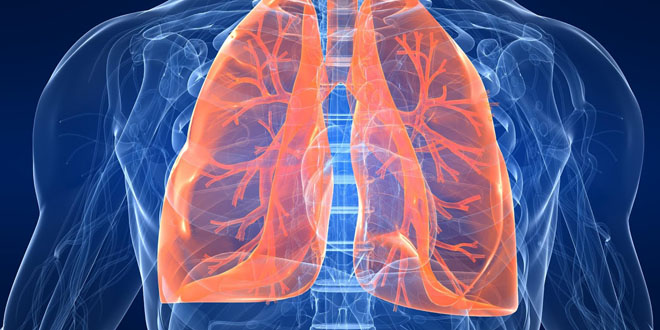
Best Foods for Lung Health
Many people are surprised to find out that their eating habits affect their breathing. No single food provides all the nutrients essential for optimum and easy breathing. The food we eat acts as fuel for the body. A wholesome diet consists of a variety of foods to meet all the needs of the body.
Lungs are the paired, spongy organs of the body which are the main centers of breathing and respiratory regulation. A number of diseases are associated with lungs: asthma (most common disorder in adolescents), chronic obstructive pulmonary disorder (COPD) which comprise of emphysema and chronic bronchitis.
While other habits such as smoking and exercise may affect breathing in one way or another, dietary options also play a vital role in determining the fate of our lungs. Read further to find out the best foods for lungs.
Fruits and Vegetables
Fruits and vegetables have successfully made it to the list of foods for all healthy diets. They play a vital role in maintaining optimal breathing and lung health. Crammed with antioxidant properties, these foods are number one when it comes to fending off harmful free radicals, and making the lungs less susceptible to bacterial infections.
Fruits and vegetables may trigger bloating while others my inhibit it. Bloating of the abdomen also worsen breathing especially in those with COPD.
Therefore, it is important to differentiate and avoid the ones that are gaseous.
Onion, hot peppers, beans, melons and cruciferous vegetables such as cauliflower, cabbage and broccoli are potentially gaseous ones.
Whereas, those with antioxidant-rich properties and less potential to cause bloating include mangoes, tomatoes, citrus fruits, bell peppers, sweet and baked potatoes.
Eating Apples for Asthma
As mentioned, fruits and vegetables are best for promoting lung health. Apples are especially beneficial for those with asthma.
And here’s all the more reason to add them to your list of everyday “must haves”: according to a British study, those who reported eating 3 to 5 apples a week (while controlling other factors) reported a 32% decreased risk of asthma than other people.
Carrots
Carrots are jam-packed with bet-carotene, another potent antioxidant. According to studies, beta-carotene, which is converted to Vitamin A in the body, reduces the incidence of exercise-induced asthma.
More reasons to eat carrots? They are great for your eyesight, help with heart disease and even Alzheimer’s and may also help keep the immune system in shape.
For lung health, look for top fruits with beta-carotene. You may find vibrant colored fruits and veggies such as apricots, sweet potatoes and green peppers in your reach.
Coffee
Caffeine is a known bronchodilator-it dilates the airways making breathing easier and better. Coffee has seemed to have diverted spotlight on itself, with more and more articles highlighting the pros and cons of coffee in relation to health.
When it comes to lungs and especially asthma, coffee is the good guy. It helps alleviate asthma symptoms by dilating the airway to the lungs.
According to the “review of seven previously published trials”, caffeinated coffee has been suggested improve airway breathing for up to 4 hours after its consumption, making it better in this regard than decaf.
Garlic
For centuries, garlic has been the food of choice for warding off infections and illnesses. With the passage of time and further discoveries, it has been established that garlic and its rich constituents such as sulfhydryl, allicin, and several other sulfur-containing compounds are great for treating and preventing respiratory illness. Adding fresh garlic to your diet serves as a great boost for the immune system.

